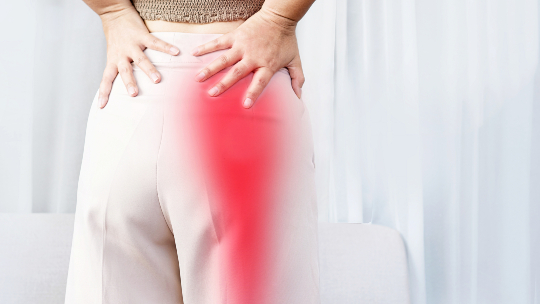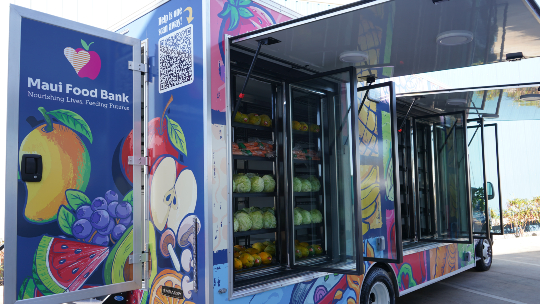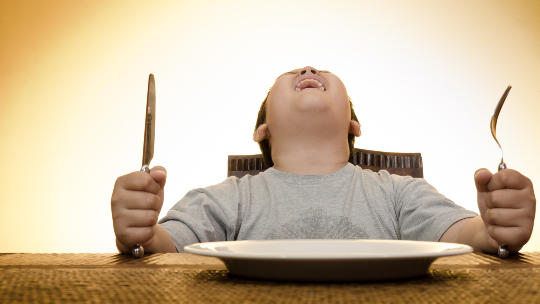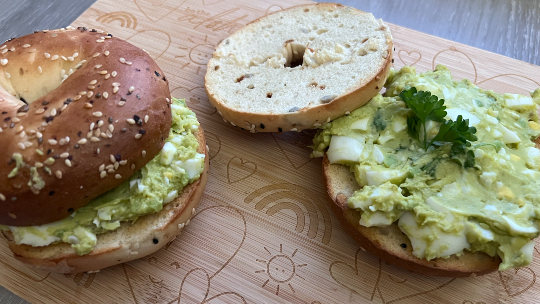For local youth, living in Hawaii isn’t always sunshine and spam musubis. Hawaii’s teens are struggling with their mental health, which has been more of a challenge due to the COVID-19 pandemic. Statistics show self-reported increases in depression and anxiety since 2016 and teen suicide attempts that require medical attention in Hawaii exceed the national average.
Many people and organizations in our communities are trying to solve the youth mental health issue. To help address this crisis, HMSA is investing $125,000 to support several initiatives statewide. Five unique programs spread across all four counties will receive $25,000 each to improve youth mental health while reducing disparities.
“Our teenage population is struggling due to limited access to mental health resources and we need to work together to support overall health conditions,” says HMSA President and CEO Mark M. Mugiishi, M.D., F.A.C.S. “We recognize that Hawaii’s youths were uniquely impacted by the global pandemic, so we’re proud to support key organizations in our community to help them.”
Mental Health America of Hawaii, an organization that seeks to promote mental health and wellness through education, advocacy, service, and access to care statewide, is one of the beneficiaries of this initiative.
HMSA will support the following community organizations to increase access to mental health resources as part of this initiative:
Hale Opio Kauai, Ke Kahua O Ka Malamalama program (Kauai)
Hale Opio provides culturally grounded, youth-driven, family-centered collaborative services that reflect the continuous positive regard in which youth and family are held. The Ke Kahua O Ka Malamalama program is an after-school and intercession program where youth learn and practice Hawaiian arts, cultural traditions, and values taught by selected kupuna while exploring their natural environment.
Boys and Girls Club of Maui, One Stop Resource Center
BGCM operates drop-in service facilities that provide a safe, supportive, supervised environment for Maui youth. BGCM is establishing Maui's first One Stop Resource Center for youth. The center will provide youth and their families a more seamless support system and easier access to services such as suicide prevention, anger management, technology access, and more.
Big Island Substance Abuse Council, BISAC Youth Services program
BISAC is one of the leading providers of substance abuse treatment and behavioral health care on the Big Island. BISAC Youth Services is a school-based program serving 10 schools. They provide substance use counseling, prevention education, vaping support groups, links to community resources, and workshops for students, parents, and staff as well as referrals to higher levels of care.
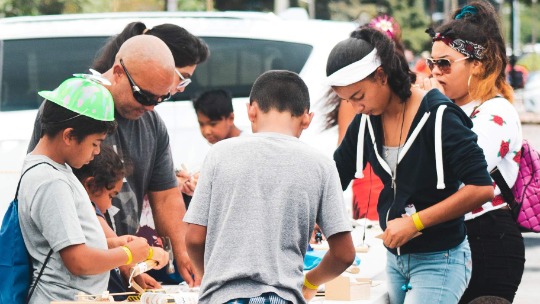
BISAC Youth Services program provides resources and support for Big Island students and
Hawaii Pacific Health’s Behavioral Health Division seeks to address rising teen suicide rates by establishing an intervention program to identify young people and families at risk and increase protective mechanisms to keep them from harm. As the hub of pediatric care in Hawaii, Kapiolani Medical Center for Women & Children has witnessed the rise in youth suicide. The Teen Resiliency Program at Kapiolani will give patients access to comprehensive care in one place with resources to meet their routine and emergency needs.
Mental Health America of Hawaii, Youth Suicide & Bullying Prevention Program
MHAH’s Youth Suicide & Bullying Program began in 2008 to educate and empower Hawaii’s communities in preventing bullying incidents and suicide among youth. Created by MHAH based on local and national research, this training aims to increase knowledge and understanding of bullying and suicide, identify risk factors and warning signs, and provide skills and resources to prevent or intervene as needed. The training is conducted virtually or in person for a primarily high school audience.
To learn more, see our digital newsroom video on this important initiative:
Top image courtesy of Mental Health America of Hawaii.

